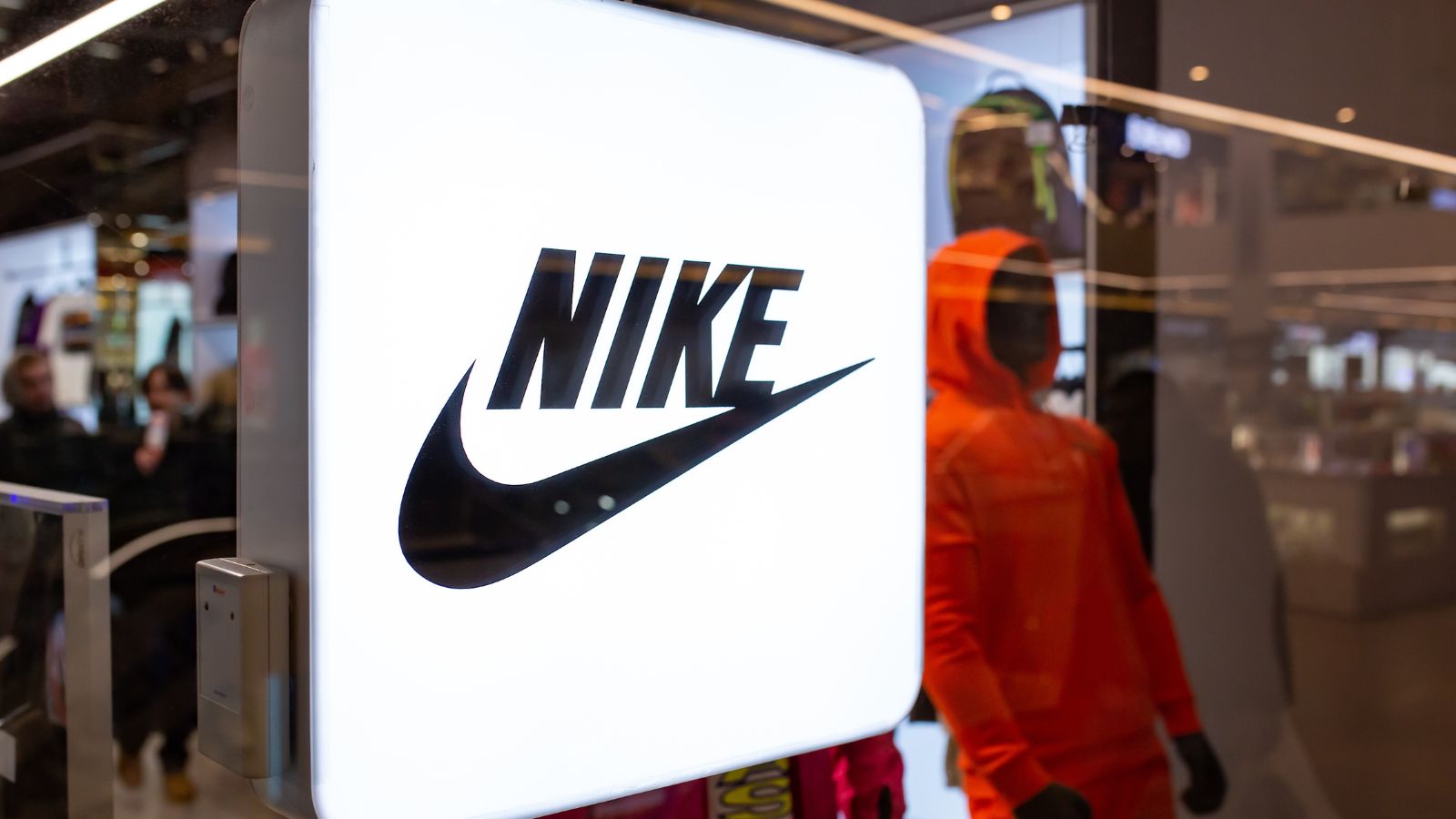Boycotts are often seen as powerful tools of consumer protest, but Canadian investors don’t always move in lockstep with public sentiment. While some companies faced backlash for political, social, or environmental reasons, their stocks continued to attract buyers north of the border. For Canadians, financial opportunity sometimes outweighed controversy, especially when shares looked undervalued or growth prospects remained strong. Here are 9 surprising investments Canadians bought even amid a boycott:
Starbucks Corporation (SBUX)

Despite periodic boycotts linked to labor disputes and political stances, Canadians continued buying Starbucks stock. For many, the company’s global dominance and resilient brand outweighed temporary headlines. Starbucks has long been regarded as a steady growth investment, characterized by strong cash flow and a loyal customer base. While some investors expressed concerns about worker treatment, others viewed dips during boycotts as opportunities to buy. With expansion in international markets and ongoing digital innovation, Starbucks maintained its investment appeal. Canadians often balanced ethical concerns with the undeniable pull of a company whose morning coffee sales seemed unaffected by political controversy.
Nestlé S.A. (NESN)

Nestlé has faced years of boycotts tied to water rights, child labor concerns, and environmental practices. Yet Canadians continued to invest, recognizing the conglomerate’s unmatched reach in global food and beverage markets. Brands like Nescafé, KitKat, and Perrier ensure consistent consumer demand, even when controversies surface. For investors, Nestlé’s size and diversification offered resilience, making it a long-term bet despite criticism. Canadians balancing values with financial goals often found themselves wrestling with this investment, choosing between ethical unease and the stability of one of the world’s biggest consumer goods giants.
Amazon.com Inc. (AMZN)

Amazon has been at the center of numerous boycotts, ranging from concerns about warehouse working conditions to antitrust issues. Yet, Canadian investors continued to buy, drawn to Amazon’s e-commerce dominance and lucrative cloud computing arm, AWS. For many, Amazon represented a future-proof investment in digital retail and technology infrastructure. Canadians who purchased during the boycott dips often benefited from rebounds, proving controversy didn’t shake long-term confidence. Ethical debates persisted, but the promise of innovation, global scale, and steady growth was hard to ignore. In practice, many investors separate their personal shopping habits from portfolio strategy, treating Amazon as an indispensable wealth-building stock.
Tesla Inc. (TSLA)

Tesla has sparked both boycotts and fan loyalty, often driven by CEO Elon Musk’s polarizing public persona. Canadians nonetheless kept buying shares, seeing Tesla as more than its controversies, and to many, it symbolized the future of electric vehicles, renewable energy, and technological disruption. Even when boycotts trended, Tesla’s rapid innovation in EV design, battery tech, and solar solutions captured investor imagination. Volatility made it risky, but also enticing for growth-oriented Canadians willing to ride out swings. While critics questioned labor practices and leadership style, buyers often focused on long-term potential, treating Tesla as a high-stakes bet on global transition.
Coca-Cola Company (KO)

Coca-Cola has faced boycotts over environmental impact, sugar-related health concerns, and political ties. Yet Canadians continued to invest, relying on the company’s unmatched global distribution and brand power. Coca-Cola’s vast beverage portfolio, ranging from sparkling water to sports drinks, kept it relevant across demographics. For investors, the company’s dividends and defensive qualities made KO stock attractive during uncertain markets. Boycotts often failed to dent financial performance, and Canadians looking for stability leaned into Coca-Cola’s resilience. For many, it became the classic case of separating brand politics from portfolio performance, choosing reliable returns over temporary consumer protest.
Facebook (Meta Platforms, META)

Meta, formerly Facebook, has been the subject of boycotts over misinformation, privacy breaches, and political influence. Yet Canadian investors didn’t shy away, especially during dips, and the company’s dominance in digital advertising and reach across Facebook, Instagram, and WhatsApp kept it a core holding. For growth-focused Canadians, the pivot toward metaverse development signaled long-term innovation potential. Boycotts raised ethical questions, but many investors took the pragmatic view as Meta’s revenue engine remained too strong to ignore. Canadians often treated META shares as a balancing act, acknowledging controversy while capitalizing on the staying power of one of tech’s most profitable platforms.
ExxonMobil Corporation (XOM)

Energy companies like ExxonMobil have faced boycotts for decades, tied to climate change, oil spills, and environmental policy. Nevertheless, Canadians continued to buy Exxon stock, particularly during energy market rebounds. For investors, it was a hedge against rising oil prices and geopolitical uncertainty. Dividends and steady cash flow made ExxonMobil attractive for income-seeking Canadians. Despite criticism of fossil fuel dependence, and as ESG investing, which encompasses environmental, social, and governance factors, gained traction, traditional energy stocks remained popular among those prioritizing returns. For many Canadians, Exxon symbolized the ongoing tension between sustainability values and the financial lure of one of the world’s biggest oil producers.
McDonald’s Corporation (MCD)

McDonald’s has weathered boycotts related to labor disputes, health issues, and global operations, yet Canadian investors continued to add MCD shares to their portfolios. For many, the company’s sheer resilience and adaptability were hard to ignore. With global presence, menu innovation, and strong real estate holdings, McDonald’s has long been viewed as a defensive stock. Canadians viewed boycotts as background noise against steady dividends and reliable growth, and even when controversies arose, the golden arches continued to draw customers. Investors leaned into the idea that McDonald’s was a global machine of consistency and long-term shareholder value.
Nike Inc. (NKE)

Nike has been a lightning rod for boycotts, often over athlete endorsements, labor practices, or social justice campaigns. Yet Canadians consistently invested, recognizing the brand’s global dominance in sportswear and lifestyle fashion. Nike’s ability to drive cultural relevance, from sneakers to sports sponsorships, gave it staying power that outlasted controversy. For growth-minded Canadians, boycotts sometimes looked like opportunities to buy during dips, while the company’s balance of athletic performance and cultural clout made it a portfolio favorite. Nike demonstrated how a brand could be controversial in headlines yet remain a powerhouse in the market, drawing steady Canadian investment.
21 Products Canadians Should Stockpile Before Tariffs Hit

If trade tensions escalate between Canada and the U.S., everyday essentials can suddenly disappear or skyrocket in price. Products like pantry basics and tech must-haves that depend on are deeply tied to cross-border supply chains and are likely to face various kinds of disruptions
21 Products Canadians Should Stockpile Before Tariffs Hit

Abhishek Ragunath is specialized writer for Trendonomist focusing on topics related to Investing, Money, Technology, Marketing and everything in between. He enjoys hiking, travelling, and is a self proclaimed foodie! He has written for brands including Hashtag Investing, Motely Fool, WallstreetZen & More.
